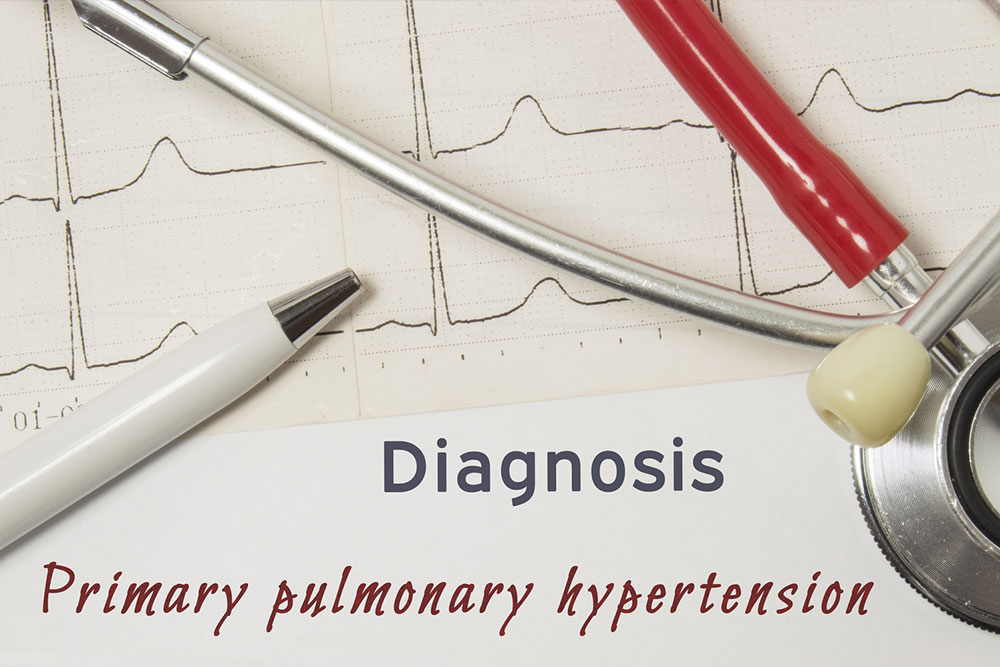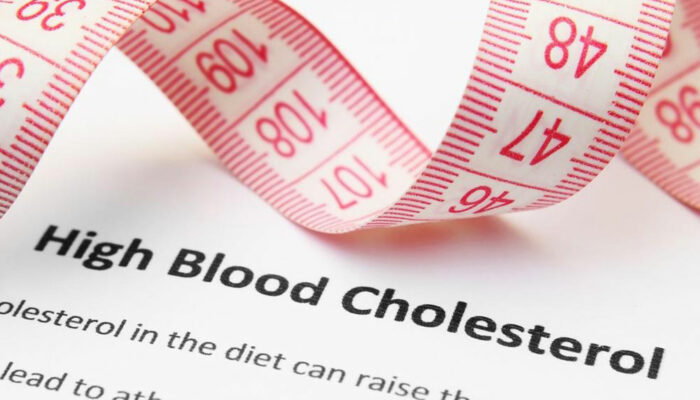
Causes and symptoms of pulmonary hypertension
Pulmonary hypertension is a serious condition that can become fatal if not treated at the right time. Pulmonary hypertension is caused because of the blockage in the tiny arteries and capillaries of the lungs. These blockages increase pressure on the right ventricle of the heart which results in the weakening of the heart muscles, heart enlargement or heart failure.
Symptoms of pulmonary hypertension
The signs and symptoms of pulmonary hypertension are not recognizable in the early stages. The symptoms get worse as the condition progresses and starts to affect the functioning of the lungs and heart. Some of the common symptoms of pulmonary hypertension are:
- Fatigue
- Dizziness
- Fainting
- Chest pain
- Swelling in the ankles, legs, and abdomen
- Heart palpitations
- Rapid heartbeat
- Bluish coloring of the skin and lips
Another symptom of pulmonary hypertension is shortness of breath. This occurs initially during performing high-intensity activities like exercise, climbing stairs etc. As the disease progresses, shortness of breath can occur even while at rest.
Causes of pulmonary hypertension
There are many causes of pulmonary hypertension. Some of those have been explained in the list below:
- Diseases that result in the backflow of blood or stacking of blood raise the pressure in the pulmonary veins, resulting in diseases like pulmonary hypertension.
- Lung diseases like pneumonia which result in a condition known as hypoxic pulmonary vasoconstriction. The blood vessels in the lungs divert the blood flow from poorly working areas of the lungs to healthy lung tissues, and the lung vessels narrow down during this process. This increases the pressure in the lungs which leads to pulmonary hypertension.
- Some diseases cause remodeling of the blood vessels in the lungs. The inner lining of the blood vessel is narrowed because of the growth of unwanted tissues in and around the blood vessels. This condition results in resistance to blood flow, which gives rise to increased blood pressure.
- Diseases caused by parasites affect the blood vessels in the lungs and cause them to narrow down.
- Some drugs like cocaine and methamphetamines constrict the blood vessels in the lungs and cause severe pulmonary hypertension.
- Diseases in vital body organs like the liver can raise the pulmonary blood pressure, which results in pulmonary hypertension. The condition disappears once the underlying disease is treated completely.
- Some diseases like congenital heart problems, HIV, thyroid diseases, and disorders related to glycogen storage may also lead to pulmonary hypertension.
- When the doctor cannot find a cause for pulmonary hypertension, it is called idiopathic pulmonary hypertension. This ailment may occur because of some genetic conditions. This type of hypertension is very rare. Since the underlying causes cannot be determined, treatment for idiopathic pulmonary hypertension is challenging.
Pulmonary hypertension can be diagnosed by performing tests like ECG, EKG, chest X-ray and echocardiogram. The treatment of the disease is determined based on the underlying cause of pulmonary hypertension. The treatment generally includes medications like prostaglandins, phosphodiesterase type 5 inhibitors, endothelium antagonists and anticoagulant medicines and oxygen therapy. In severe cases, doctors may also perform surgery or angioplasty.



